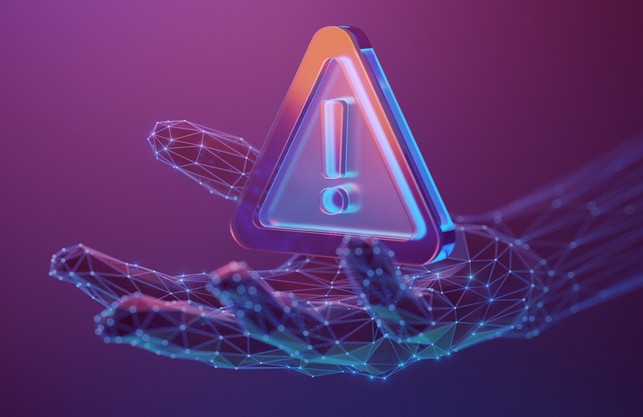
Every few years, a shiny new solution promises to transform public education. We’ve heard it all before: flipped classrooms, interactive whiteboards, tablets, MOOCs, and now, generative AI. But here’s the inconvenient truth: if something as game-changing as free access to global knowledge (thanks, internet) or custom-paced, interest-driven learning (thanks Thrively and Schoolwide Enrichment Model) didn’t revolutionize public education, why would AI?
Spoiler alert: It won’t. At least not in the way some evangelists predict.
Why Tech Alone Doesn’t Transform Schools
Public education is not just a system. It’s a structure governed by high-stakes testing mandates, compliance-focused policies, union contracts, and deeply embedded cultural norms.
The issue isn’t a lack of innovation. It’s that the system is designed to resist meaningful change. It follows the money and prioritizes producing a compliant workforce.
We’ve Seen Better Models and Ignored Them
For decades, innovative school models that have broken the mold and defied conventional structures have emerged. These have proven that when you reimagine time, space, and curriculum, you can create places where learning feels real, relevant, and even joyful.
But today, most public schools have doubled down on test prep, pacing calendars, compliance, and seat time.
We already know what works. The real question is: Why don’t we adopt it?
What Other Countries Get Right About Innovation
Some nations do fund innovation, not just in theory, but in practice.
- In Israel, progressive schools, such as Democratic, Montessori, and Waldorf, are publicly funded on a per-pupil basis.
- In the Netherlands, the constitution guarantees freedom of education, meaning anyone can establish a school aligned with a specific philosophy (such as Dalton, Waldorf, or a religious one) and receive equal government funding.
In the U.S today., schools such as these are usually private, reserved for families with financial means. Public systems remain tethered to uniformity and test score data that primarily reflects socioeconomic status, English proficiency, and disability labels, making it a poor measure of factors under a school’s control.
If we can’t adopt successful, proven, human-centered approaches that already exist, why would we assume generative AI will force the change?
AI Can’t Fix What Culture Won’t Change
AI may auto-grade, differentiate, tutor, and respond instantly, but it won’t transform how we “do school” unless leadership, policy, and culture evolve.
Consider this: something as simple as the way we move students from class to class, by the ringing of bells, has remained unchanged for generations in most public schools. Students usually sit in rows, listen to lectures, memorize facts, and regurgitate information for tests.
And when AI emerged, what was the reaction of teachers, schools, and systems? Instead of integrating technology thoughtfully, many reverted to banning it, requiring students to rely solely on pen and paper. This approach, while well-intentioned, overlooks the fact that not all learners thrive with pen and paper, and technology can be an essential tool for many to express their thoughts and learn effectively.
If we haven’t rethought these outdated fundamentals, why would we assume AI will suddenly spark a revolution?
Here’s What Will Revolutionize Education
If we truly want to revolutionize education, it won’t come from technology or AI. It will come from humans who embrace:
- Leadership that is bold enough to challenge the status quo and outdated norms
- Policy that funds and protects innovation in public schools, not just private ones
- Culture that understands and promotes student agency, relevance, and purpose
Until we empower public schools to implement what’s currently only available to the privileged, nothing will change.
The Revolution Comes from Us!
The revolution doesn’t come from smarter machines. It comes from smarter humans—leaders who dare to change policy and foster a culture that will open doors to innovation for all. That revolution won’t come from AI. It will come from us.

